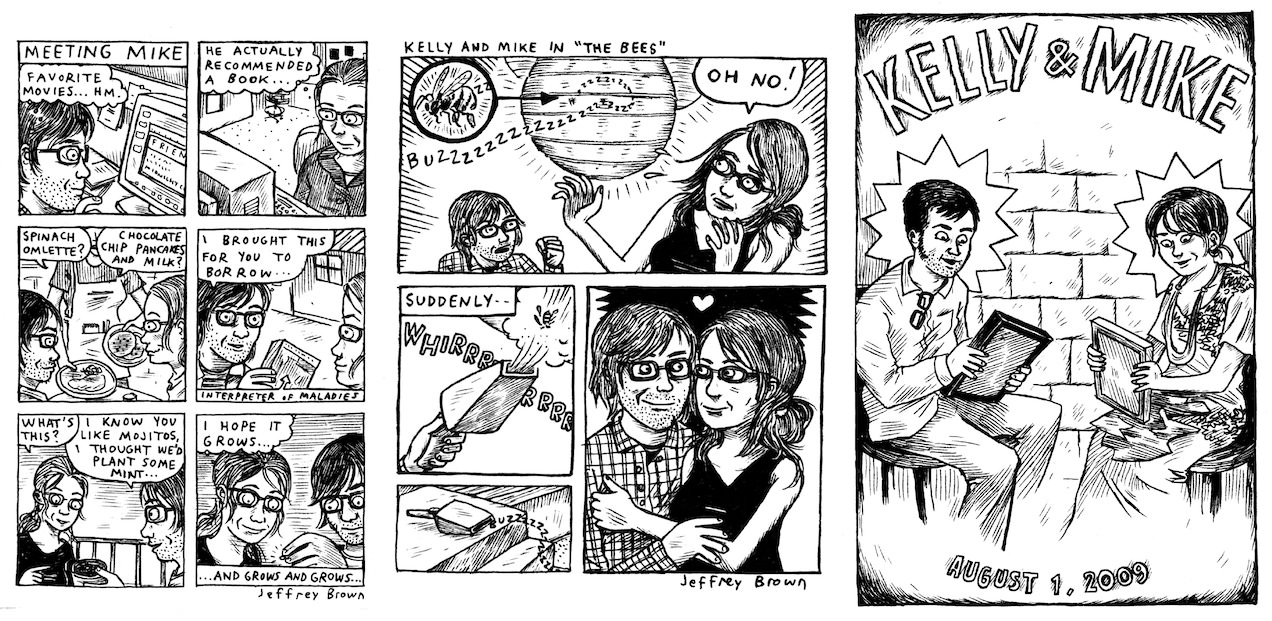John and Craig sit down with Marielle Heller, the writer and director of the acclaimed feature The Diary of a Teenage Girl, to talk about the journey of getting her movie made, from optioning the novel to the Sundance Labs through production.
We discuss sex scenes and ’70s wallpaper, anamorphic lenses and leaving subplots on the cutting room floor. Plus there’s a lot of MacGruber.
Heller’s film is in US theaters now, and expanding week-by-week. Don’t miss it.
Links:
- Later this week, Scriptnotes shirts will be available for pre-order in the John August Store
- Scriptnotes and a live Three Page Challenge will be at the 2015 Austin Film Festival
- Marielle Heller on IMDb
- The Diary of a Teenage Girl official site and the trailer
- Scriptnotes, 121: My Girlfriend’s Boyfriend’s Screenwriter, with Mike Birbiglia
- Sundance Institute Feature Film Program
- Director of Photography Brandon Trost on Wikipedia
- Rotoscoping on Wikipedia
- Mari Heller on NPR’s Fresh Air
- VHS Camcorder
- I’m Sorry I Didn’t Respond to Your Email, My Husband Coughed to Death Two Years Ago by Rachel Ward
- The Wonder Weeks App
- Outro by Jack Mazin (send us yours!)
You can download the episode here: AAC | mp3.
UPDATE 8-28-15: The transcript of this episode can be found here.

